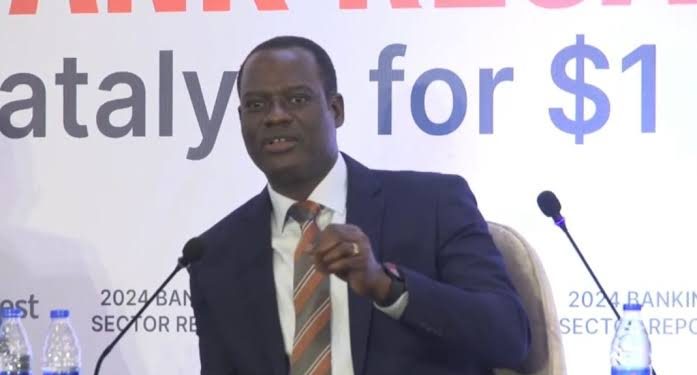The Federal Government has introduced a new tax reform package aimed at simplifying compliance, easing the burden on small businesses and low-income earners, and strengthening Nigeria’s revenue system.
The initiative was presented at a sensitisation forum in Enugu with the theme “Tax Reforms and Compliance: Impact on Small and Medium Enterprises in the South East,” where government officials, tax experts, and community stakeholders gathered to examine the changes.
The Senior Special Assistant to the President on Community Engagement, Southeast, said the reforms were designed to make taxation fairer and more beneficial to ordinary Nigerians. She explained that market women and traders were deliberately targeted in the sensitisation drive, stressing that when women are informed, they pass knowledge to their families and communities. She added that reforms such as subsidy removal, exchange rate unification, and increased allocations to states would translate into more projects reaching citizens.
The Chairman of the Tax Appeal Tribunal, Southeast Zone, explained that four new tax acts signed into law on June 26, 2025, consolidated over 20 scattered tax laws. He highlighted that businesses earning below N50 million annually are now exempted from Companies Income Tax and Value Added Tax, while minimum wage earners will no longer pay personal income tax. He described the changes as progressive taxation, where the rich would contribute more within their means while the poor are protected. He also pointed to a new Tax Dispute Resolution Mechanism that will allow citizens to lodge complaints free of charge and get resolutions within 7–14 days.
A tax professional described the reforms as critical to strengthening the fiscal base, noting that SMEs, which represent more than 90 percent of businesses and nearly 60 percent of jobs in Nigeria, would now have more space to grow and contribute to economic diversification.
A representative of the Nigerian Education Loan Fund (NELFUND) added that tax revenues are already being channeled into education financing through student loans for undergraduates in universities, polytechnics, and colleges of education. The loans cover tuition and living costs, repayable only after employment, two years after national service.
The forum, which drew officials of the Federal Inland Revenue Service (FIRS), professionals, women leaders, and community stakeholders, ended with a call for stronger collaboration to ensure the success of the reforms. Participants commended the government’s push for a fairer system and urged residents in the region to embrace compliance as a step toward economic growth.










